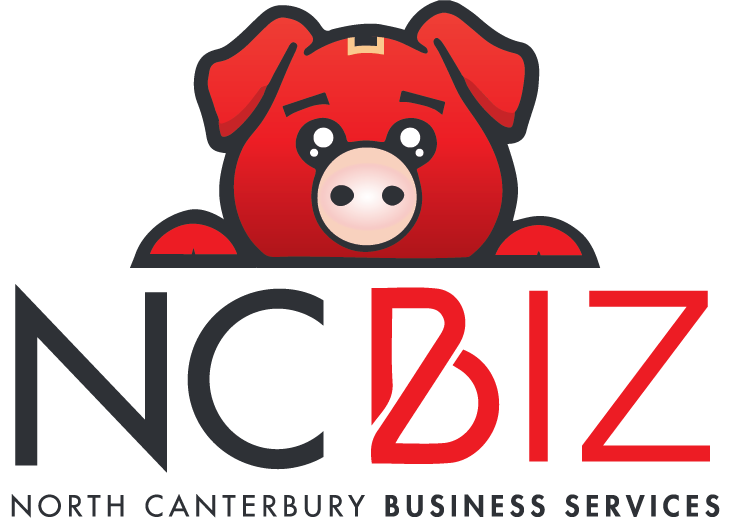It's not me, it's you: Avoiding bad client relationships
Not all business is good business
How to avoid the business you don’t need.
One of the big lessons I have learnt is that not all business is good business. Some opportunities are best left alone; some customers to be avoided like the plague. Don’t poke sleeping lions.
When you start out in your own business not having an employer’s pay-cheque land in your bank account each month is a major incentive to hunt for a source of income … any income! We often grab the first client to show interest in a desperate bear-hug - as if being snatched from the jaws of adversity, plucked from the waves crashing over our heads on the rugged shore. But as any wise beachgoer knows, it is always best to swim between the flags. Acknowledging the economic realities of putting food on the table, especially when starting out, it is nether the less wise to set some parameters of what business best suits you.
If your business revolves around selling a product it is hard not to be seen as a commodity where people will shop around for the best price. In this case, the way to distinguish yourself is around adding quality services and support. This is especially true if you seek repeat business.
As a provider of a service you can still expect clients to do their homework before engaging you, but hopefully, your polished sales pitch and proven reputation can get clients over the line.
Whether you are a product or service related business it is essential that clients see the value and not cost when engaging you. They need to feel better off after buying your product or using your services. Price is far from the key factor loyal clients look for in long-term business relationships. Ultimately, clients are buying “you”. How you engage with them matters hugely.
Do research on your chosen market sector – know what a fair price is to charge your clients. Avoid negotiating on price alone as that just becomes a “race to the bottom”. Instead, talk about removing tasks or features to come in line with client price expectations. Often clients can be talked back up to the original offering, at the original price, if you can clearly demonstrate value.
Personally, within the “Business Services” sector I have learnt to identify some “red flags” when engaging prospective clients:
Price centric – Any prospect that asks your price within the first 1-3 questions is seeing cost and not the value from your service. You can be assured they will question every invoice you send them and typically be late payers.
Hourly rate – Prospects that charge themselves out on an hourly rate basis classically have a mental block in paying anyone else more than they charge. Again, they see cost and not value. Sometimes they can have a chip on the shoulder over why someone can be perceived as worth more than themselves. You can constantly end up having to justify your fees. Often these clients continue to shop around for alternative pricing even when you are doing a great job for them.
Poor communication – Prospects that you must constantly chase or that fail to provide information for you to be able to provide a quote, are usually best left well alone. Their communication and timeliness rarely improve once they become a client - The difference is they will likely blame you for late tasks when they themselves don’t meet their side of the bargain.
Unclear expectations – Prospects that seek a “widget” because someone else told them they need a “widget” but have absolutely no idea what a “widget” is or what a “widget” does, can be a nightmare. They will never see your value as they don’t know what they want or need. Sometimes these prospects can be nurtured and educated, but often it is like repeatedly hitting your head on a brick wall.
When starting out in business you need to learn to trust your gut feeling about new prospects and avoid jumping at every opportunity offered – “If it looks like a lemon, smells like a lemon and tastes like a lemon … it’s probably a lemon” – Run away!
Similarly, avoid overselling your capabilities and don’t take on tasks outside your skillset. Sometimes it’s good to push yourself outside of your natural comfort zone, but some tasks are best left to the experts. Your clients won’t thank you for being incompetent, but they will 100% appreciate your honesty. Make sure you have both your own and your client’s best interests at heart. A reputation is like glass; shattered once broken.
Finally, remember it is always better to “farm” existing clients by forming mutually beneficial long-term relationships than the effort of constantly “hunting” for new work. Make the effort to get good clients on board and cherish them. Anticipating “sleeping” problem clients and ultimately firing bad clients is a story for another blog.
Get in touch if you’d like to chat about your client relationship strategy.
NCBIZ provides specialist support and coaching to help start-ups and businesses across Christchurch and Canterbury establish a solid foundation, overcome challenges and perform at their best.

